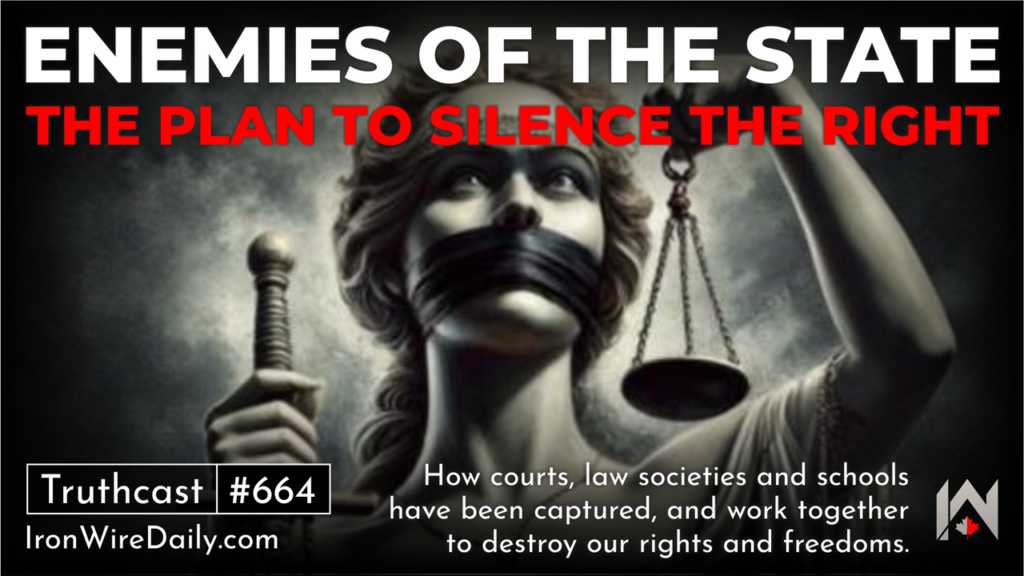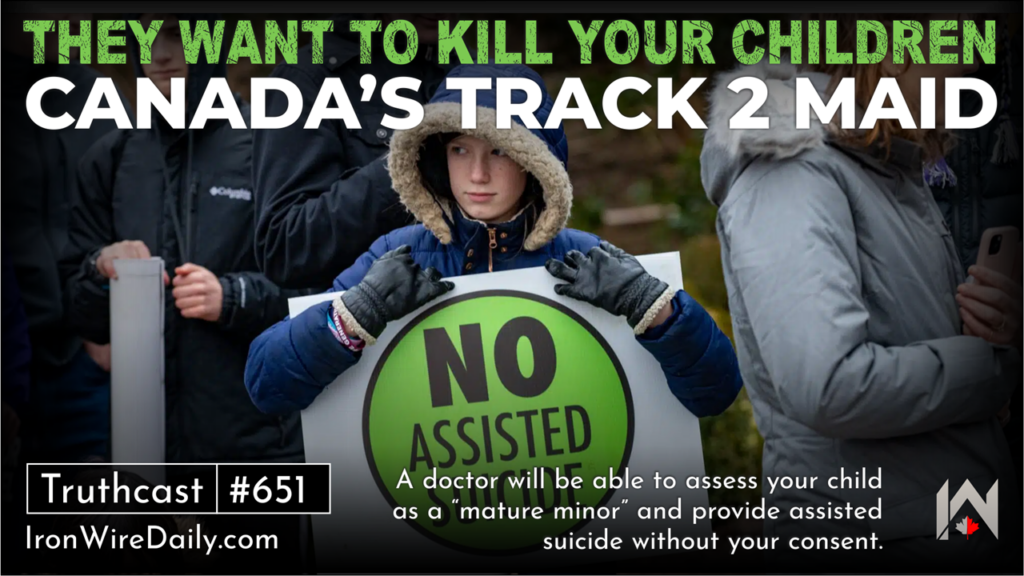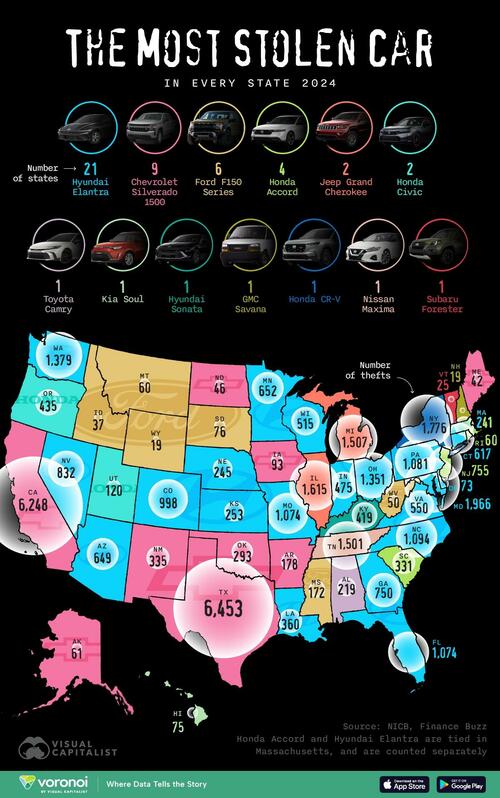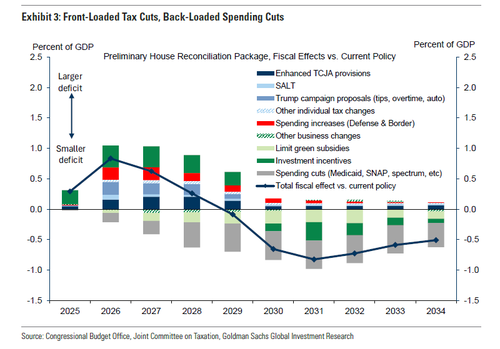Privacy Part 5: XMPP and Private Communications
Truly private, untrackable communications. LINKS: Liberty Lives Contact Oliver
Will Dove 00:12 I have with me once again Oliver Ross of Liberty Lives. We are now on Part 5 of our Privacy Series. In this section Oliver's going to discuss XMPP and truly private communications. Now I have not in these previous 4 episodes mentioned the fact that Oliver is a consultant in this area. I have talked about that in my previous two interviews with him before this series. And I haven't because as you've seen, there's been a note directly beneath these interviews to explain that and give you ways that you can contact Oliver if you want assistance with any of this. What we're about to get into today is some pretty deep stuff. And so Oliver has already prepped me to tell you that chances are good if you want to implement this, you are going to need to hire an expert such as Oliver to assist you with it. But the payoff is truly private communications. Oliver, welcome back. Oliver Ross 01:04 Thank you for having me. Let's get deep into this these talks here. Will Dove 01:08 All right, so let's start with what XMPP is? Oliver Ross 01:12 So XMPP is an Internet Protocol. Similar to email being an Internet Protocol was released in the 90s it was built for actual private communication. These types of platforms are firstly difficult to find unless you know how to find it, difficult to use. You don't and but the payoff is, there was no phone number, no email address, no anything else associated with this account. This is an account that you devote to completely yourself without anything else. And the beauty of that is you use a pseudonym, why use your name. Will Dove 02:07 Can I - can I then assume that if people follow the steps we've already been through. One, don't use one of the main browsers, two, don't be logged into any of your accounts, three, have a VPN set up and running. And now you're going to do XMPP. No one has any way of knowing who you are. Oliver Ross 02:26 One thing that we're gonna, we'll be talking about in the next one is about Linux versus Windows and Apple, and there's one potential there in that whole mix that Windows from their platform, could be harvesting the data. You've already - you're already going to such a point, though, again, you should still be using the alternative, it's better. But again, this is it. This is what happens when you're truly looking for private communications online, you're gonna have to think about absolutely everything. And it's really important that when you do something like this, all your ducks are in a row. And that you've either you've done, put the time in and you put the research and to be confident that what you are doing is accurate, or you consult people to make sure you're not giving away data, like if you're going to use XMPP or an XMPP client on your phone. If you don't have a direct phone, which again, we'll be talking about in the future. There's a big hole. So, yes, almost is my answer. Will Dove 03:45 What we could then sum up is what Oliver has been trying to do and I have been trying to do here is to create almost a tiered system with these nine videos that we're doing, where each of you can decide just how far down that road you want to go to protect your privacy. And we started out with the most basic steps and now we're getting deeper and deeper into it. So as Oliver's just pointing out, at this point in time and this discussion, we're probably gonna get you the 99% of the way to absolute privacy. But with that one proviso that Oliver's given that if you're using Windows or you're using the Mac OS, still, there might be the possibility there's a backdoor there for them to be watching what you're doing. But at this point in time, we're getting pretty deep into truly private communications that it's pretty unlikely anybody could track what you're doing, track what you're saying. At this point., you're using these platforms. Unless you're targeted individually, again, like we were saying where everything, there's too much effort here. It's like you really have to be making a fuss and everywhere to warrant the effort involved in going through all of these different protections. When it's just easier to probably find your address and with some of the other systems and come to your house. So you pretty much have to be the sort of person that has attracted their attention to the point where they are paying personal attention to you specifically, exactly to know what you are talking about who you are interacting with, rather than sort of just being one of the general public that's being watched by algorithms. Oliver Ross 05:23 Exactly. Okay, you really have to make a stink. Will Dove 05:27 So we've talked about what XMPP is, now let's get into how to use it. Oliver Ross 05:31 So the idea behind XMPP and elements and other types of communication like this, are that you're not reliant strictly on a source like Signal, you're using Signal's server in Signal's app. Here, you can use a communication platform, and you're using a server that may not be associated with the app, there are ones that can be and the server, each server has policies that they lay out, there's probably over 100, if not more than that out there. So what you would do is you would you download the app, or open it, whatever, wherever you're using it. And you would make your account without providing personal information you would do usually, they either provide you the password, like to a number digitally, it's an easy enough type of thing where you can make your own password doesn't matter. And you would set up your account there on the server that you like, or server that I would recommend. Some servers don't allow for video communication, some servers don't allow for calling, they all allow their they all work together. And for encrypted texts. But if you have to have certain servers for the other ones, because it's different type of protocol involved in calling and video calling versus texting. Remember, here is a really important note with these types of communications, there are only as useful as whoever's using them, if it's just you using it, you're not going to be able to talk to anybody through and if you're not able to talk to anybody through it. Okay, you have some you have an account here. And so the second part is you have to make you have to go to somebody who's willing to go through the same types of steps and willing to talk to you through it. And it is, I personally, it's one of the areas that I think we all need to be really conscious of and using while they're still out there. And then you would set up your account and you would you would connect the two accounts together. And depending on the servers they're on, you have text, call, video call, all encrypted. And there's no concern of leakage in that regard. We're talking about the way better end of internet communication. Will Dove 08:10 With the one proviso that you gave earlier when we were talking about email and Protonmail, that if the person on the other end haven't gone through the same steps that you did, and we were talking about the foundations of don't be using one of the regular browsers don't be logged into your accounts have a VPN turned on. If the other person on the other end hasn't taken those steps as well? Well, maybe they could be reading it from their computer. Is that possible? Oliver Ross 08:34 Potentially, but it's more difficult, anyway, this is this is a self contained protocol running on private servers. Now you should - don't make it easy Mind you, it could theoretically the one place that I would say could be a leaf loose and most likely and easily would be a Gmail account and the same browser that you're using it in or anything like that. But usually the XMPP protocols have their have devoted apps that you would run it through. So it's that won't even be that issue there. Most likely. Will Dove 09:09 So now you said when you sign up for an account, like most of these things, it's going to give you the opportunity to set up a username and, like an alias, then I would I would assume that you would do is then if you want to communicate with somebody else through it, you would say okay, go sign up for this XMPP app. And this is my alias once you get in and then once you're in and your setup, you can contact me through that. And I know who you are, and you know who I am, but nobody else knows. Oliver Ross 09:33 Yeah, it's from the basic idea. Yeah, you just need your other person's account, then you can send them a message and get going there and call. This is where some of the areas of maybe you don't need a SIM card in the end or especially with the way things seem to be going you might not want a SIM card. You can use these types of alternatives to call, video call. And you're using a better place anyway that over a phone number. So there's a lot there that can be done. Will Dove 10:11 This gets into a question that I was I was probably going to get to when we get to the deGoogling phones part, but I think I want to bring it up here. One option that I know a number of people have opted for who don't trust the cell phones. And of course you shouldn't, is just use a landline. But we've also been reading stories lately about our government tapping people's landlines, Oliver Ross 10:32 That's been a thing that's always happened. That's part of the problem. Will Dove 10:36 So would I be correct in assuming that XMPP is more secure than say, using your landline? Oliver Ross 10:42 Yes, it would be because you wouldn't be reliant on the internet service provider or whoever you're providing the telephone information. It's not somewhere that is watched, really, and it's not something that can be watched, really, you can't intercept it the way in these encrypted packages are, are done, it's not the same type of interception as something that has no encryption on it like a phone call. Will Dove 11:11 So and I don't I don't want to suggest the sorts of people I'm about to mention are the only people who would benefit from XMPP. Because obviously, everybody will benefit all of us can benefit from this. And I'm going to want to talk to you about setting this something like that up, especially for our organization, some of the private conversations we have. But if you were the sort of person who you don't have social media accounts, you, you know, tend not to have your computer connected to the internet, except when you really need it, you maybe don't even own a cell phone. This is your answer for truly private communication. Oliver Ross 11:44 For communication, that is the way I would recommend people go down, once you take into account, everything else this is this is like, if we were going to do a set of consultations over something, and going through everything, this is like four or five times after, where we've already talked about all the computer issues and the direct phones and everything like that. So it is important and it is useful. And there are a lot of different places that you can use depending on your preferences and ease of use, etc. But it is much better platform. Even if let's throw all the encryption away, which obviously is really useful. But just based on the fact that they don't require a phone number or email address or anything. It's already something that you can separate from everything else. So that's already better. Will Dove 12:51 Now, as we've already said in this interview, if this is something you want to get into, and you're not very strong, technically, you probably want to hire an expert like Oliver to help you. But some of our viewers are strong technically. And so for those who would want to try to set this up by themselves, what XMPP services would you recommend? Oliver Ross 13:08 So Briar is the one that claims they can do it through everything, through thick and thin. That one is particularly good and can be used on the computer, I've had mixed results with success. And on the computer or as well on the phone though, like use a deGoogled phone, it's obviously best. There's Blabber, which is the one that I use for the encrypted video calling and messaging and just calling. And there's a few other ones that you could find on the computer. There's Static and there's I don't know what it was called offhand but there's one on Linux that you could set up it is not so difficult again. But there, once you've downloaded the app, you go through the steps, but you still need somebody else to communicate with. So that's something to keep in mind. Will Dove 14:08 Of course. All right. So is there anything else that our viewers should know about XMPP and private communications? Oliver Ross 14:14 The only last thing I have to say there is it's most likely an imperfect solution and the whole bunch, it's I don't see any problems with it now. But who knows the way into the internet goes, who knows, but don't think that it's going to be the best thing ever, always or whatever. You want to think just keep it in mind that we're dealing with best solutions for online. And there's going to be some imperfections in all these solutions anyway. Will Dove 14:47 And I think we have to throw that proviso on this entire series, that the only truly private communications are between you and another person who's in the same room with you with no electronics around you. Oliver Ross 14:59 Even then, depending on how far the electronics are, there could be some. Will Dove 15:04 Yes, yeah, I usually put phones in the refrigerator, because now they're behind two inches of insulation in a sealed box. So even if they could turn on the microphone, they probably can't hear anything. Oliver Ross 15:15 Or there's always the other thing is you get a phone, which we'll talk about this one, we talked about the Google phones. But if you're gonna have a SIM card, probably should have a phone that you could take your battery out of. Will Dove 15:25 Yes. And unfortunately, a lot of phones these days, you can't. So that's definitely a consideration as well. So Oliver, thank you again. And Oliver has made reference many times now in these videos to Linux versus Windows and Mac OS and that is what we'll be getting into in Part Six next week. Oliver, thank you again. Oliver Ross 15:46 Thank you














